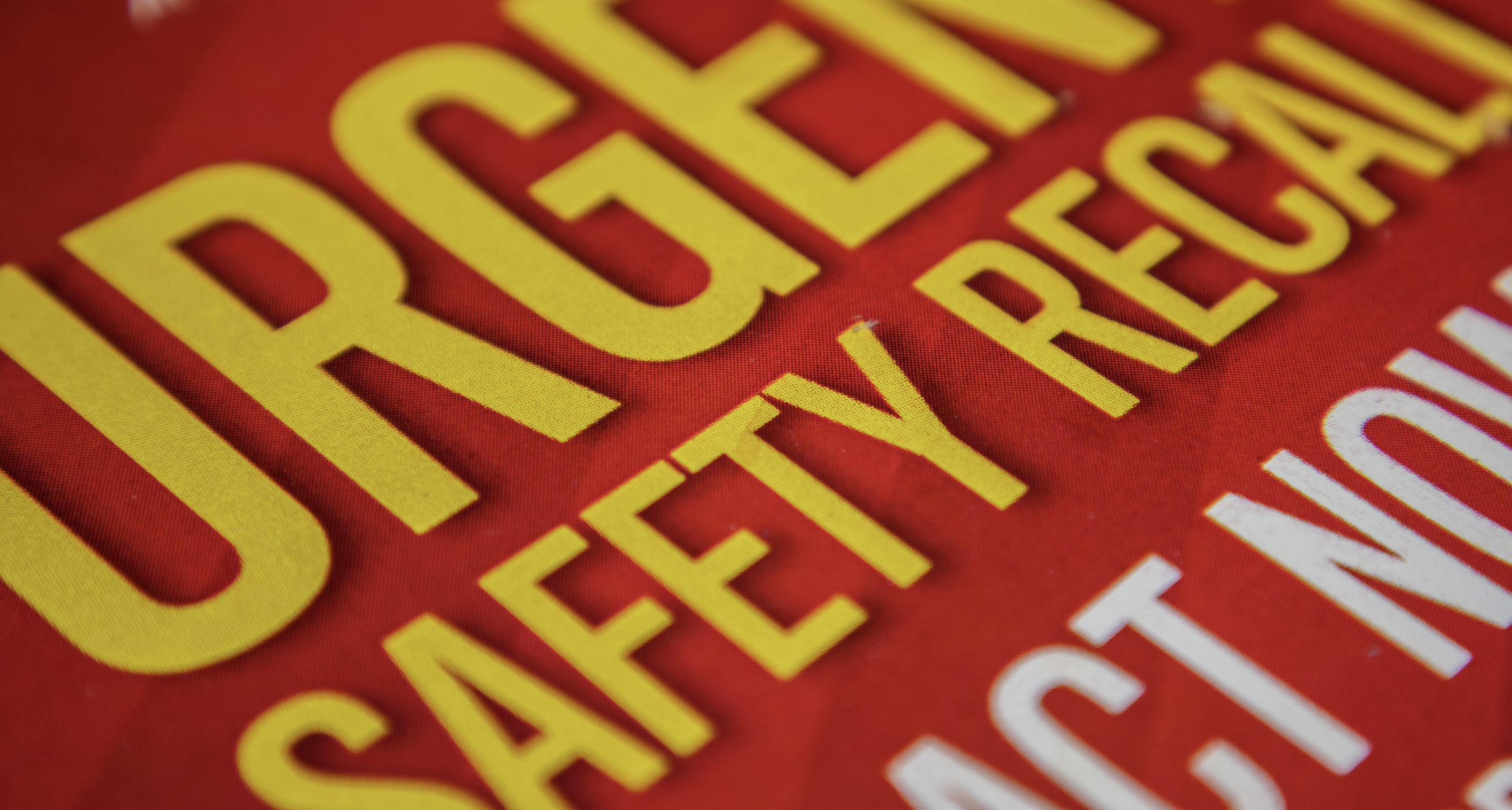In healthcare, ensuring patient safety is paramount. Being vigilant about monitoring FDA Recalls is a crucial aspect of this responsibility. These recalls can involve anything from medications and medical supplies, to devices and equipment, and staying informed about them is vital for healthcare providers, patients, and manufacturers alike, to ensure patient safety.
Importance of Monitoring FDA Recalls
Patient Safety: The foremost reason for monitoring FDA recalls is to safeguard patient health. Recalled medical products may pose serious risks, including adverse reactions, ineffective treatment, or even life-threatening complications. By promptly identifying and removing these products from circulation, we mitigate potential harm to patients.
Legal Compliance: Healthcare facilities have a legal obligation to ensure that the products they use meet safety standards. Failing to comply with FDA recalls not only jeopardizes patient safety but also exposes healthcare providers to legal liabilities. Tracking recalls helps institutions uphold regulatory compliance, mitigating legal risks.
Maintaining Trust: Patients trust healthcare providers to deliver safe and effective treatments. Failing to address recalls can erode this trust. By proactively monitoring and responding to FDA recalls, healthcare providers demonstrate their commitment to patient safety and maintain trust with their patients.
Preserving Reputation: For healthcare providers and manufacturers, recalls can have significant repercussions on their reputation and bottom line. Timely action to address recalls demonstrates responsibility and accountability, and helps mitigate possible damage to reputation. Conversely, ignoring recalls can lead to public backlash and loss of consumer trust.
Steps Involved in the Process
Identification: The first step in addressing FDA recalls is identifying affected products. This involves regularly monitoring FDA announcements, alerts, and databases for recall notices. Healthcare providers should have robust systems in place to promptly receive and review recall notifications.
Assessment: Once a recall notice is received, healthcare providers must assess the impact on their inventory and patient population. This involves reviewing the specific reason for the recall, evaluating the potential risks to patients, and determining the quantity of affected products in stock.
Communication: Effective communication is essential throughout the recall process. Healthcare providers must promptly notify relevant staff members, including physicians, nurses, pharmacists, and administrators, about the recall. Patients who may have received or are scheduled to receive the recalled product should also be informed.
Quarantine and Removal: Recalled products must be promptly quarantined to prevent further distribution or use. Healthcare facilities should establish clear protocols for segregating recalled items from regular inventory. Depending on the severity of the recall, products may need to be returned to the manufacturer, disposed of, or destroyed according to FDA guidelines.
Documentation and Reporting: It's crucial to maintain comprehensive documentation of all actions taken in response to the recall. This includes records of communication, inventory adjustments, product disposal, and any adverse events reported. Healthcare providers must also report their actions to the FDA as required by regulations.
Patient Follow-Up: In cases where patients have received the recalled product, healthcare providers should follow up to assess any potential adverse effects and provide appropriate medical guidance. Patient safety remains the top priority throughout the recall process.
Conclusion
Tracking FDA recalls for medical products is a critical aspect of maintaining patient safety, regulatory compliance, and trust within the healthcare community. By promptly identifying and addressing recalls, healthcare providers demonstrate their commitment to patient welfare and uphold the highest standards of care. Through effective communication, diligent assessment, and swift action, we can minimize the risks associated with recalled products and ensure a safer healthcare environment for all.





